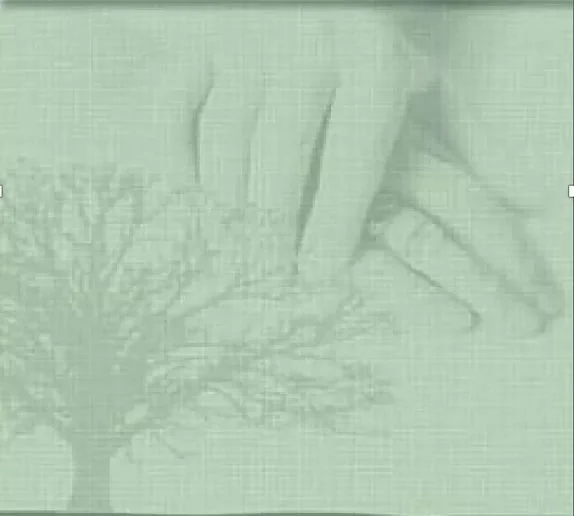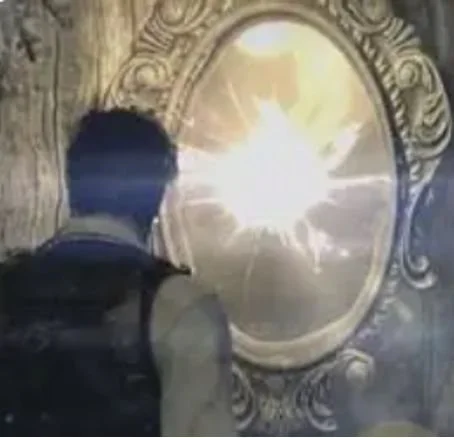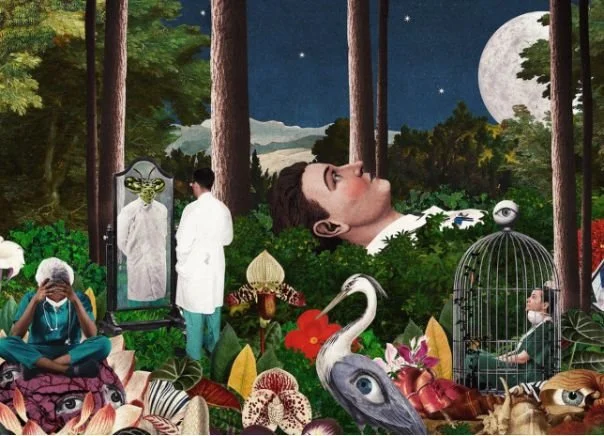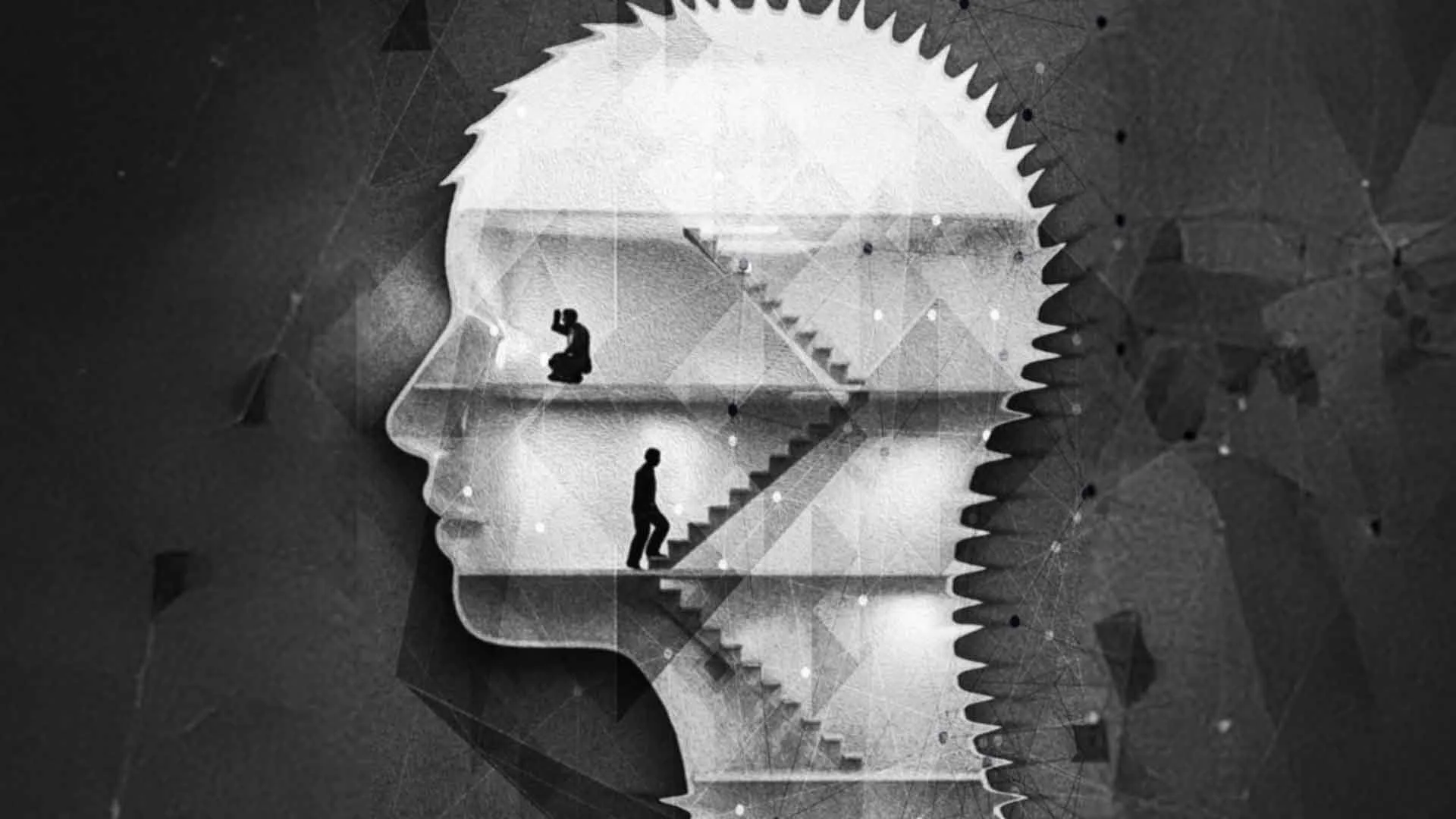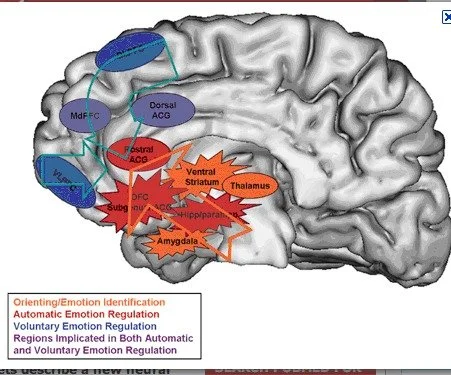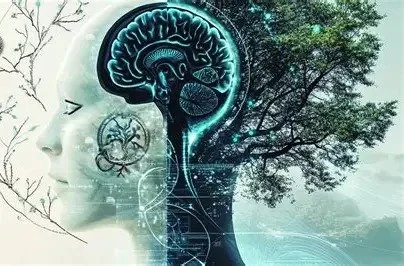Embodied Theology for End-of-Life Care
Contemporary end-of-life care often fails to address the existential terror that accompanies dying—the visceral fear of nonbeing that cannot be resolved through medical information alone. This article proposes an embodied theological framework called "Being-With-Nonbeing," which draws on Kabbalistic concepts of atzmut (divine essence) and ayin (nothingness), interpreted primarily through Elliot Wolfson's revolutionary analysis of Jewish mystical dialectics. Building on extensive theological scholarship examining the sacred-profane dialectic in therapeutic encounters, this approach offers practical bedside interventions that help patients and clinicians embody the paradox of presence-within-absence. This embodied theology offers a revolutionary approach to dying that honors both scientific rigor and spiritual depth while remaining grounded in the dialectical thinking that Wolfson identifies as central to Jewish mysticism.
